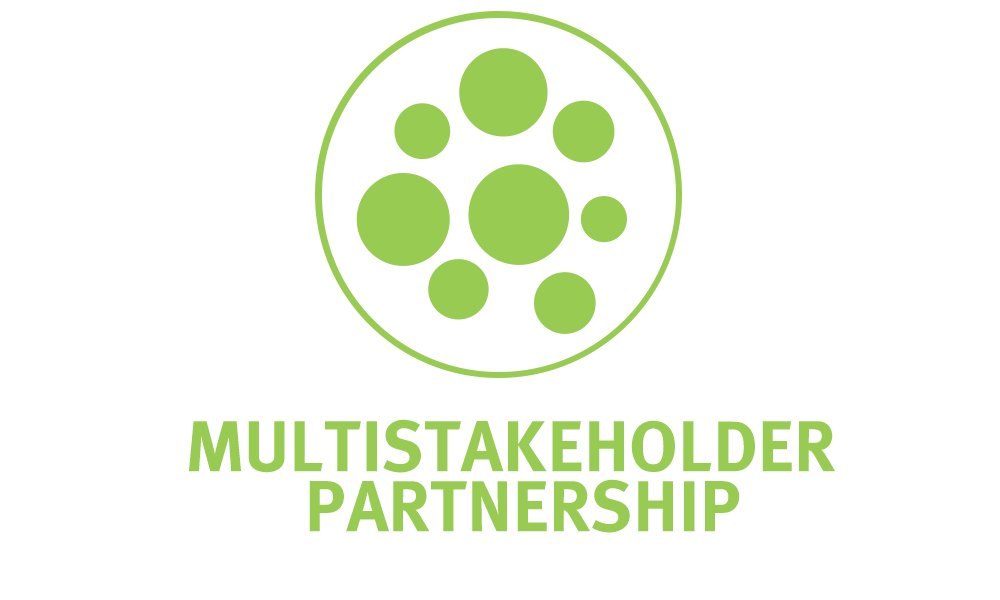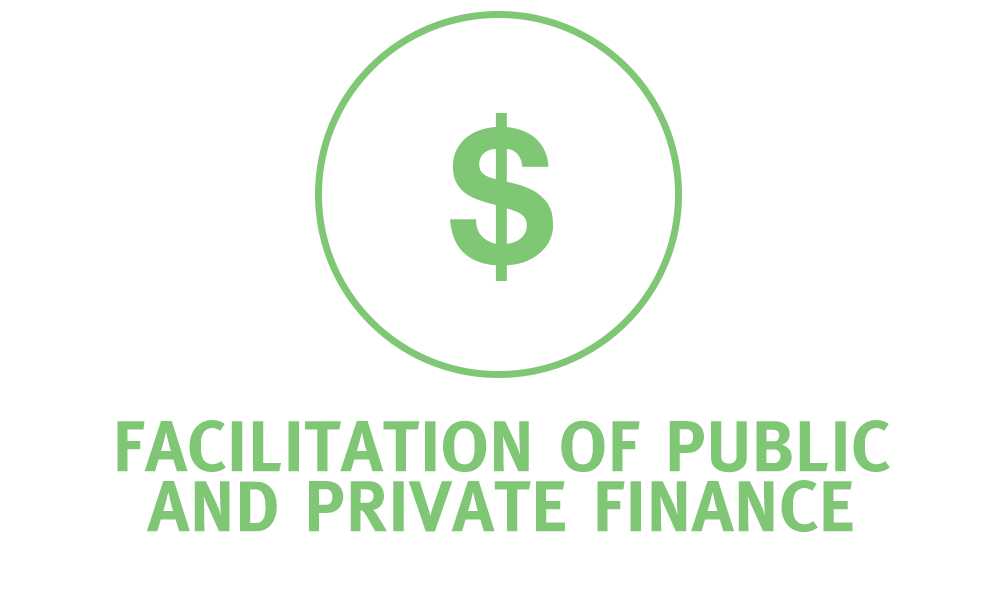
What is the PCP?
The PCP is UNIDO’s innovative model for accelerating inclusive and sustainable industrial development in Member States. Aligned with the national development agenda and focused on sectors with high growth potential, the programme supports a country in achieving its industrial development goals. The PCP rests on a multi-stakeholder partnership led by the host government. It builds synergies with ongoing government and partner interventions relevant to industrial development. The PCP is also designed to leverage additional investment in selected priority sectors. As such, it is a model that facilitates the mobilization of partners and resources to achieve larger development impact. For UNIDO, the PCP serves to operationalize the Organization’s mandate and SDG 9. At the same time, it is a model that can be used to implement other SDGs too.
"The PCP combines UNIDO’s advisory and normative services, technical assistance and convening function to deliver an integrated service package to Member States."
PCP COUNTRIES
Key features of the Programme
*Click on the icons to show more information
UNIDO's Role
Through the PCP, UNIDO provides advisory services to the government on industry-related issues and facilitates overall PCP coordination. The Organization, together with the government, develops a holistic programme aimed at accelerating the country’s industrial development. A country diagnostic is conducted by UNIDO at the outset to identify the main opportunities and bottlenecks for industrialization. This includes identifying priority industrial sectors or projects, namely those with a strong potential for job creation, increasing exports and attracting foreign direct investment.
UNIDO identifies and reaches out to essential partners throughout programming and implementation, with a focus on building synergies and leveraging large-scale public and private finance. Additionally, a multidisciplinary UNIDO team provides technical assistance for the execution of the programme. This includes, among other interventions, skills training programmes, industrial energy efficiency projects, and conducting feasibility studies for the establishment of major industrial projects, such as industrial zones.
Documents
-
Programme for Country Partnership - Overview brochure (June 2021)
-
PCP Cambodia - 2021 Annual Report
-
PCP Côte d'Ivoire - 2021 Annual Report
-
PCP Egypt - 2021 Annual Report
-
PCP Ethiopia - 2021 Annual Report
-
PCP Kyrgyzstan - 2021 Annual Report
-
PCP Morocco - 2021 Annual Report
-
PCP Peru - 2021 Annual Report
-
PCP Rwanda - 2021 Annual Report
-
PCP Senegal - 2021 Annual Report
-
PCP Tanzania - 2021 Annual Report
-
PCP Zambia - 2021 Annual Report
-
PCP leaflet in English (June 2019)
-
PCP leaflet in French (June 2019)
-
PCP leaflet in Chinese (June 2019)
-
The Programme for Country Partnership in Ethiopia, Peru and Senegal (Brochure, November 2017)
-
UNIDO's Industrial Development Partnerships with the Business Sector (Brochure, March 2018)
-
UNIDO's Industrial Development Partnerships with Financial Institutions (Brochure, March 2018)




